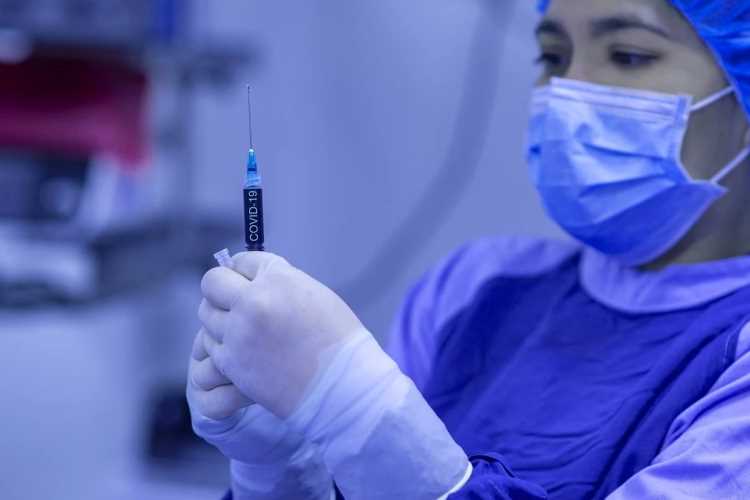At least 68 Covid-19 vaccines are undergoing various stages human trials. Three vaccines have already completed phase III trials and have claimed success in stopping coronavirus infection. After the initial euphoria, caution has been raised by several health experts over the assertions by companies claiming up to 95% success rate among all populations.
An independent study by Massachusetts Institute of Technology’s Computer Science and Artificial Intelligence Lab (CSAIL) has challenged these claims, showing that the effectiveness of vaccines depends on a person’s race. The study suggests that the vaccines should be tested more across people of different genetic backgrounds.
READ I The beginning of the end of Covid-19 pandemic?
The MIT team studied a form of vaccine similar to the ones developed by Moderna and Pfizer and found that immune systems of one per cent of white participants and 10% of Asian participants are not expected to respond well.
“Our preliminary results suggest that on an average people of Black or Asian ancestry could have a slightly increased risk of vaccine ineffectiveness,” said David Gifford, MIT professor and author. The clinical trials need to carefully consider ancestry in their study designs, he said. Gifford along with PhD students Ge Liu and Brandon Carter developed a machine learning-based approach for improving the effectiveness of vaccines among certain races.
READ I Vaccine race may have multiple winners as leaders break away
READ I Changing tack: Poverty action in the time of Covid-19 pandemic
The team’s augmented vaccines use vaccine components that cause cellular immune system responses in COVID-19 patients. Around 5-20 additional peptides to a particular dose improved the vaccine’s effectiveness to nearly 100% among all populations. A vaccine is deemed most effective if at least six COVID-19 vaccine peptides are displayed by the proteins that regulate the immune system of a person.
The project is working on the Opti-Vax system developed by the team. It looks to develop new vaccines and augment the existing ones so as to improve their effectiveness. The researchers are working with other teams to test vaccine designs in animal models.

